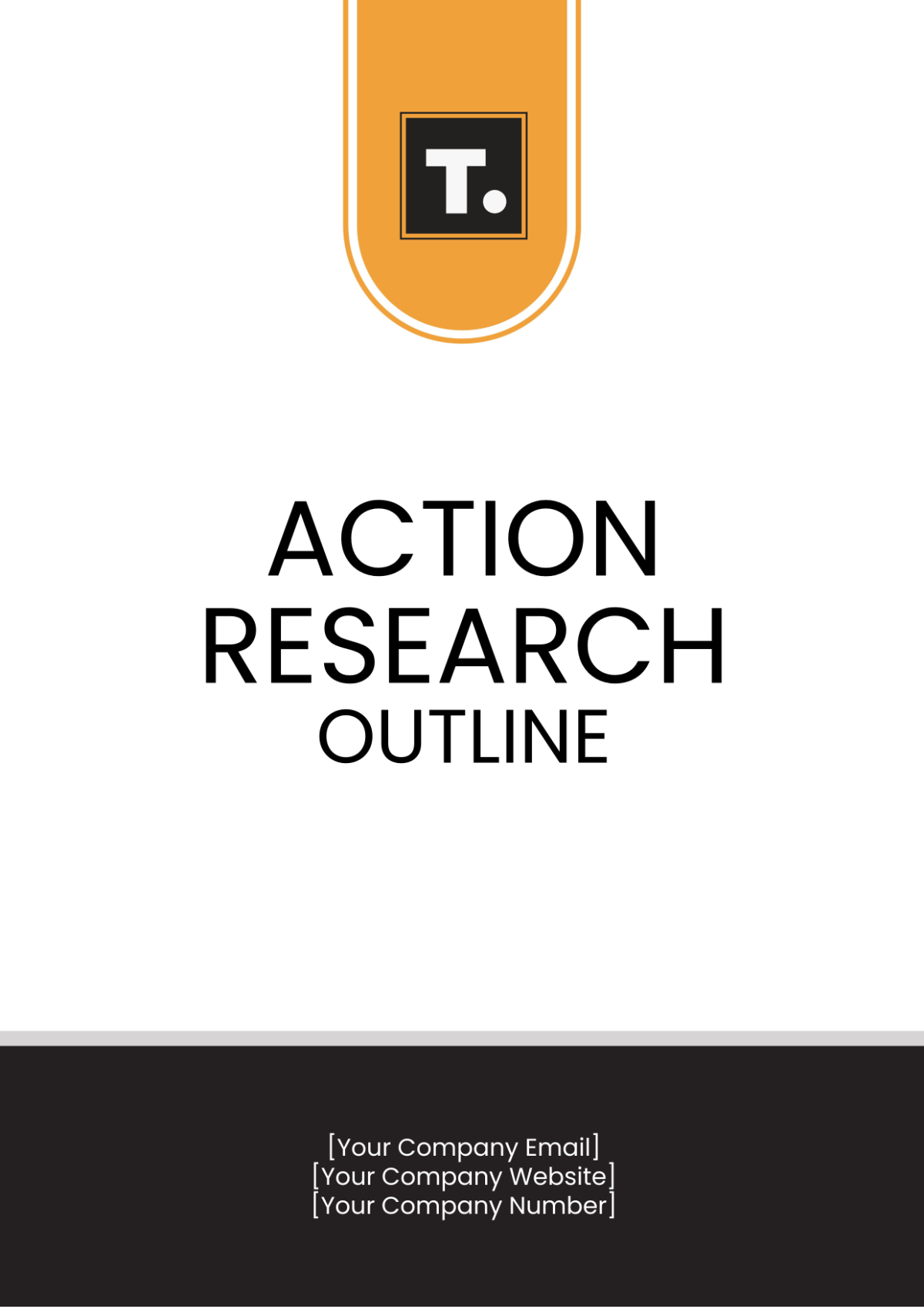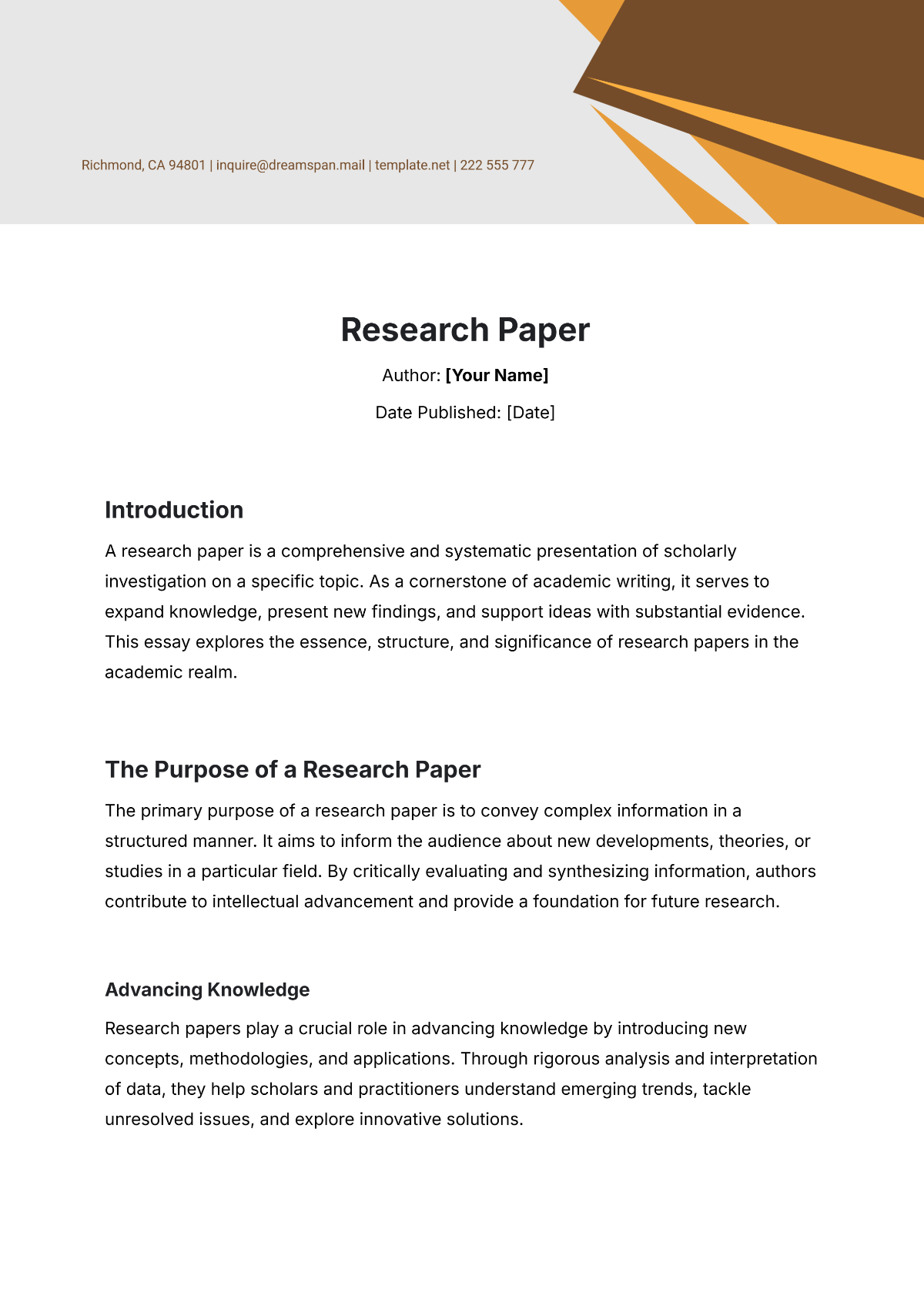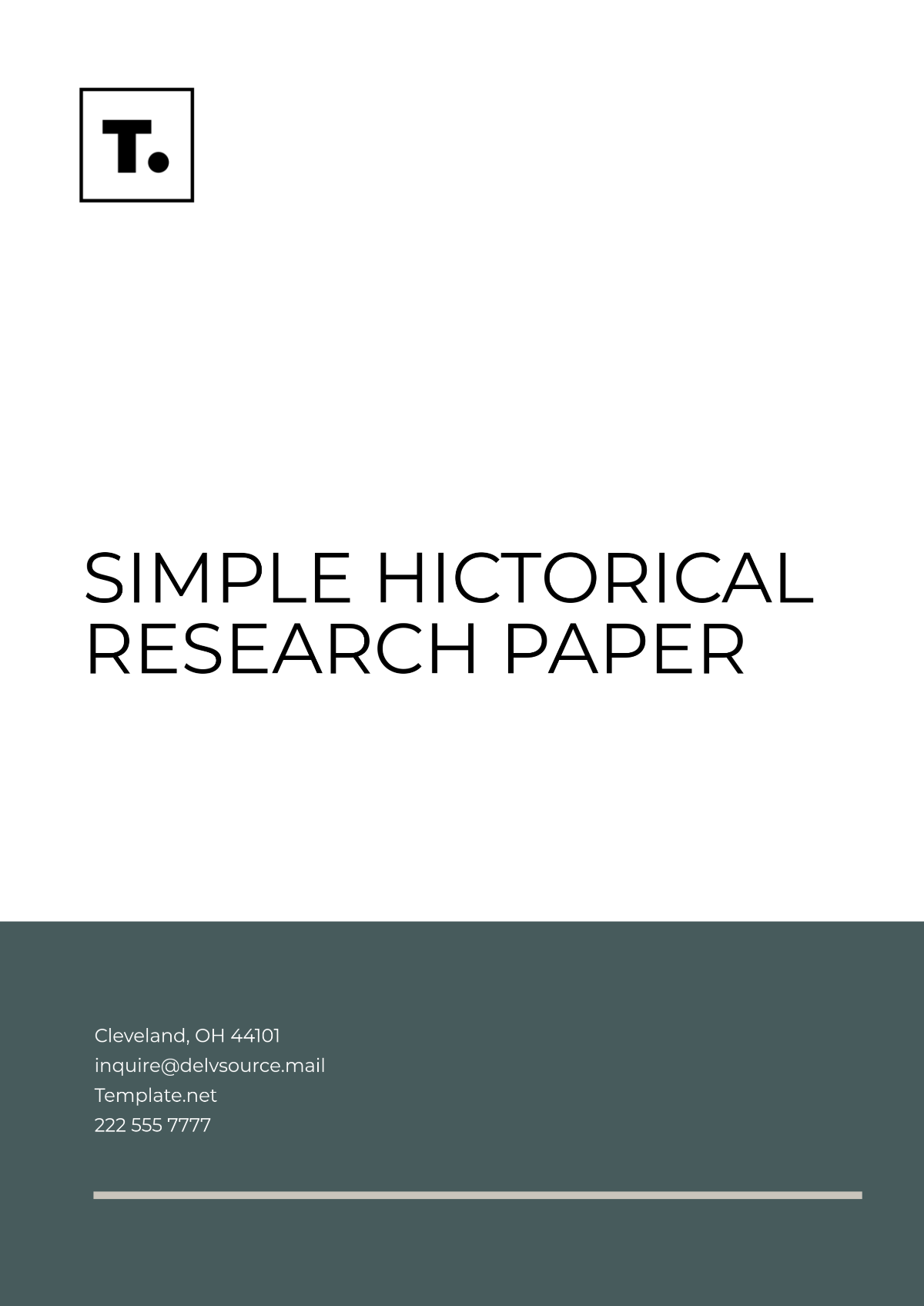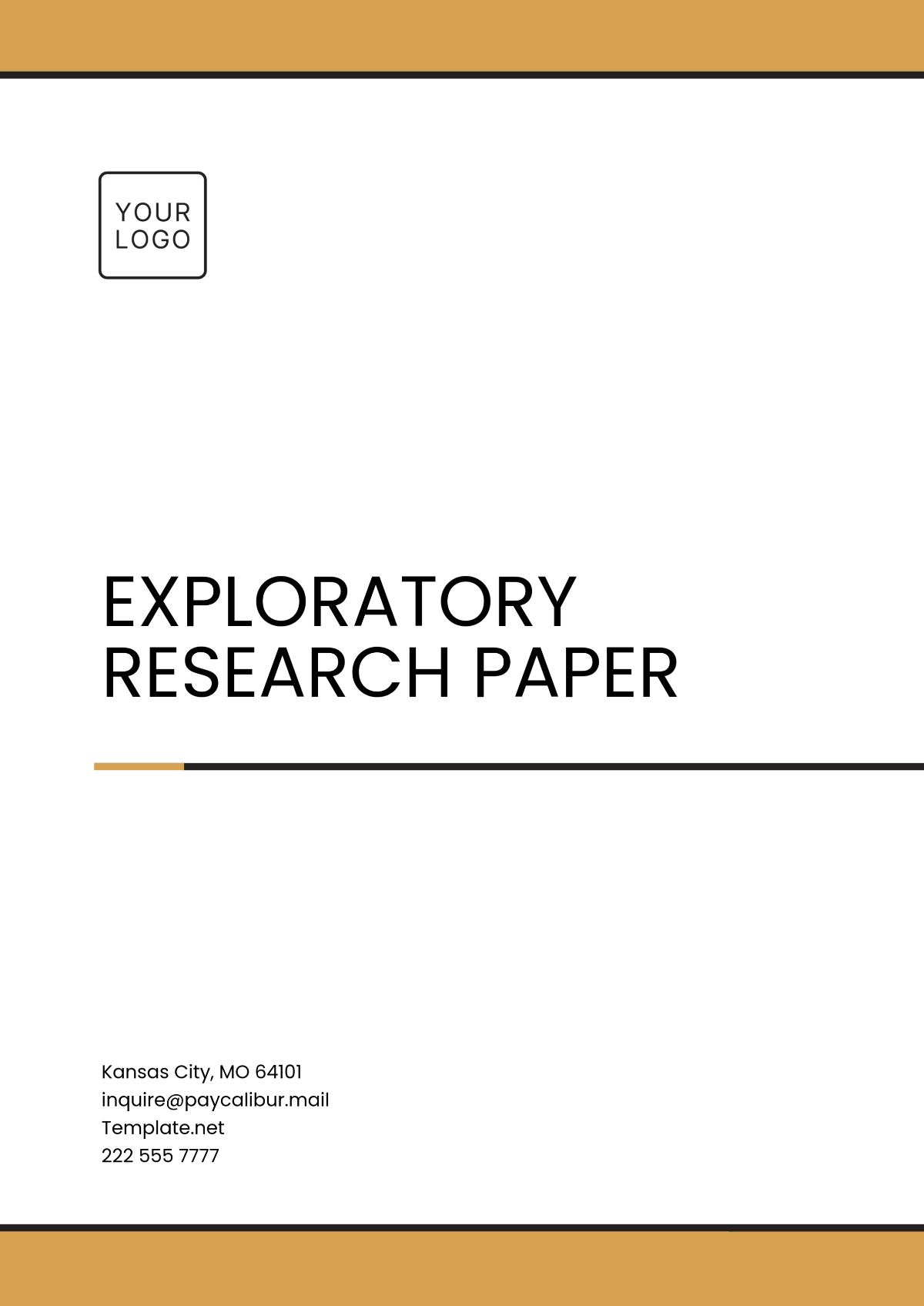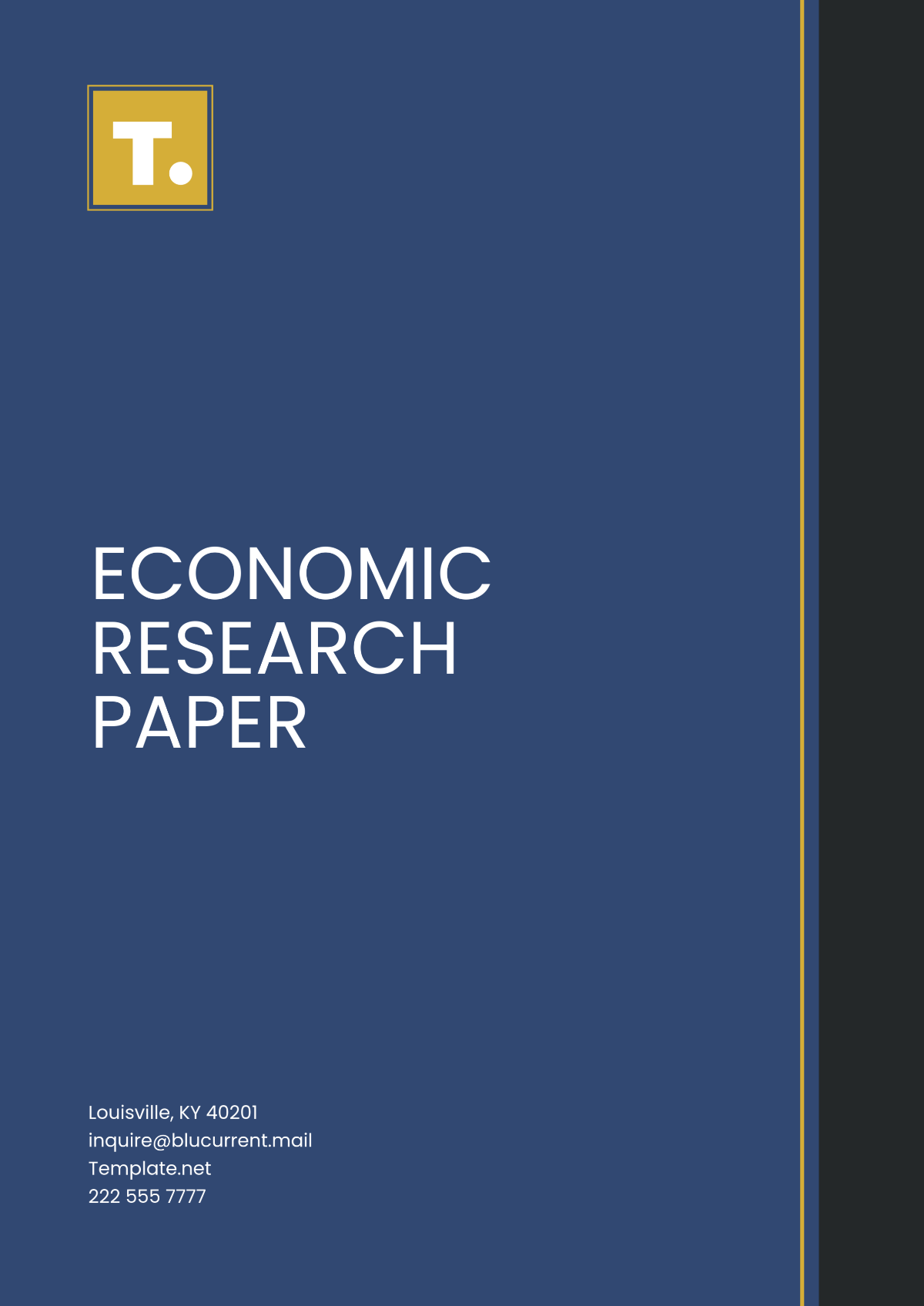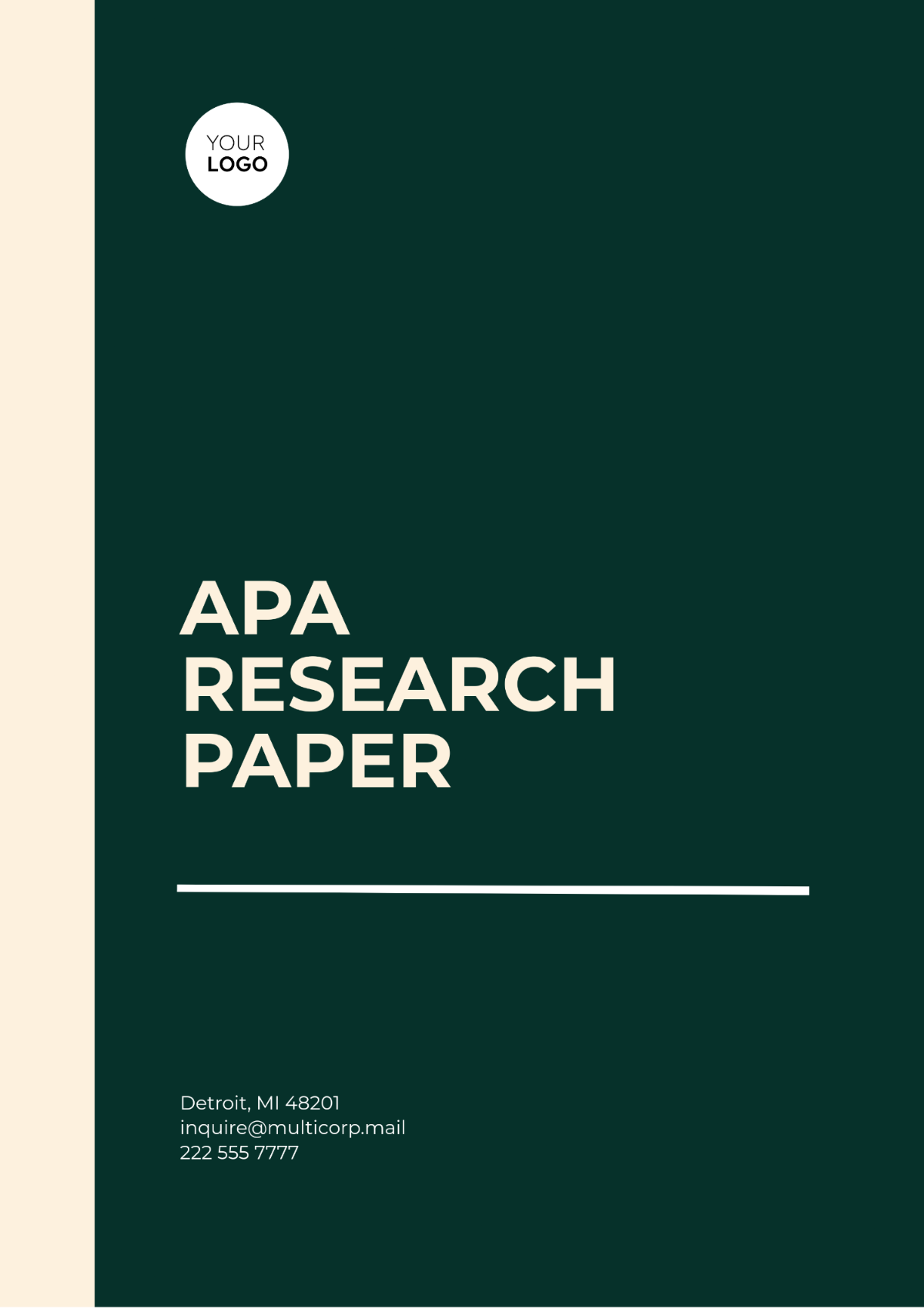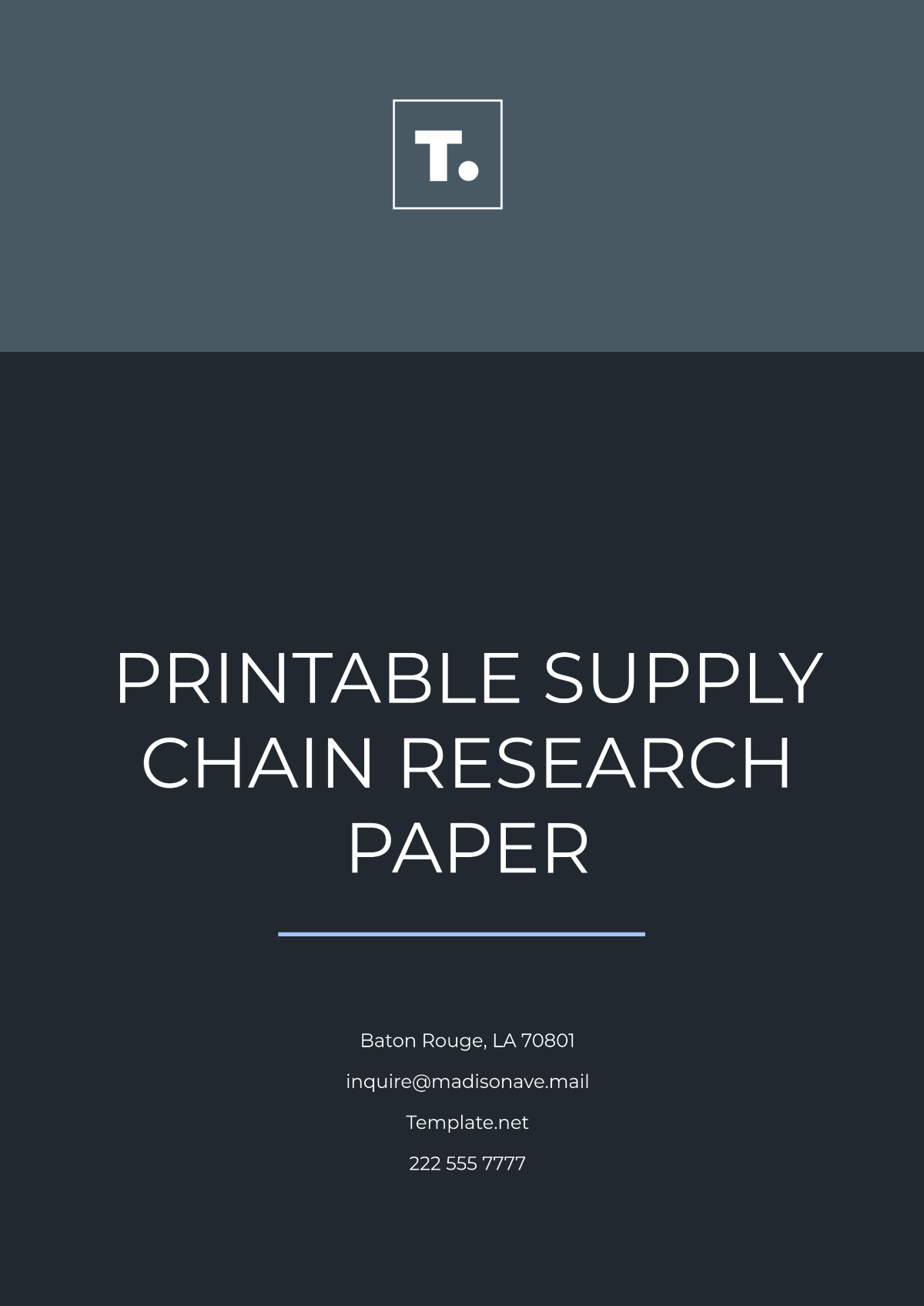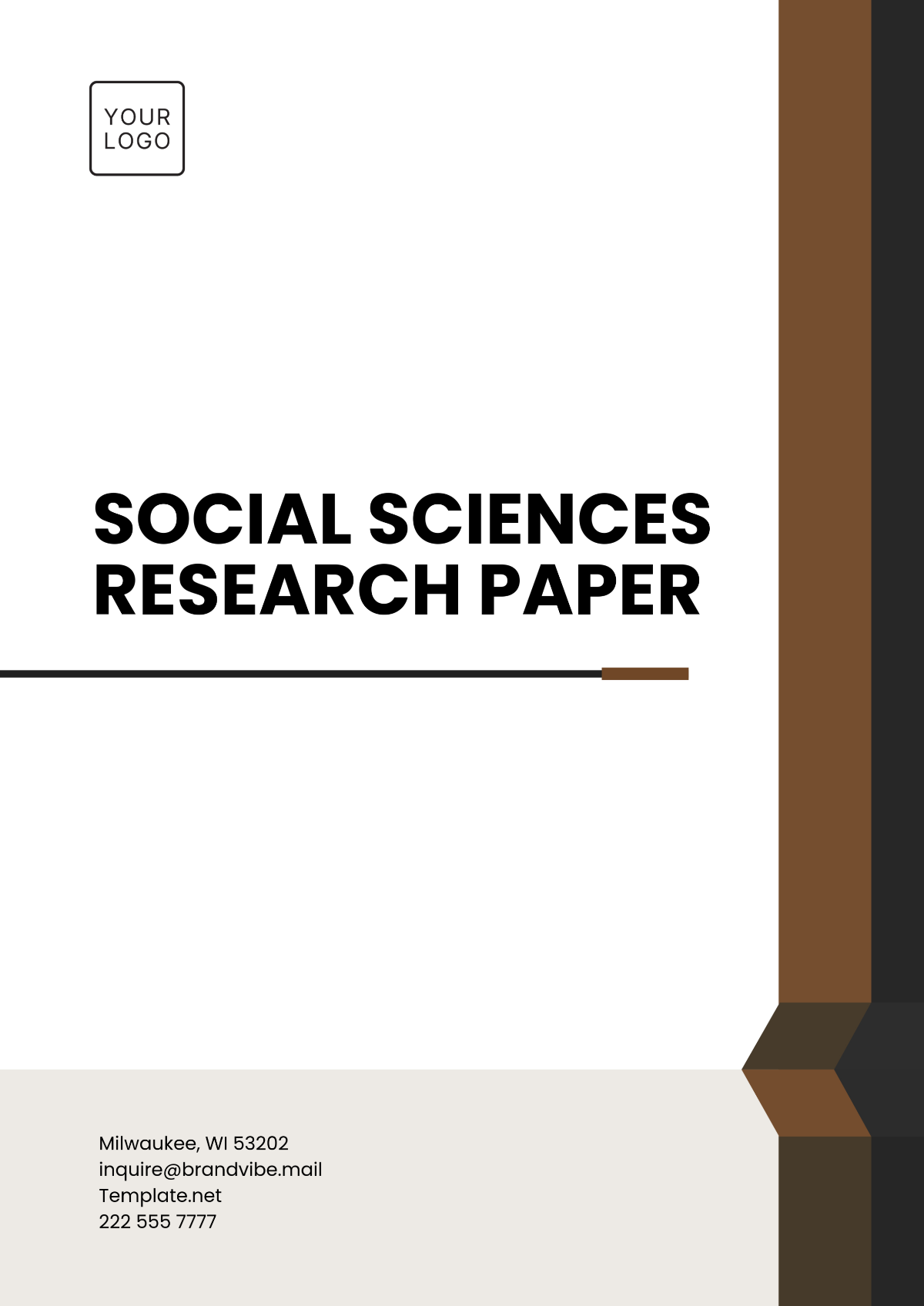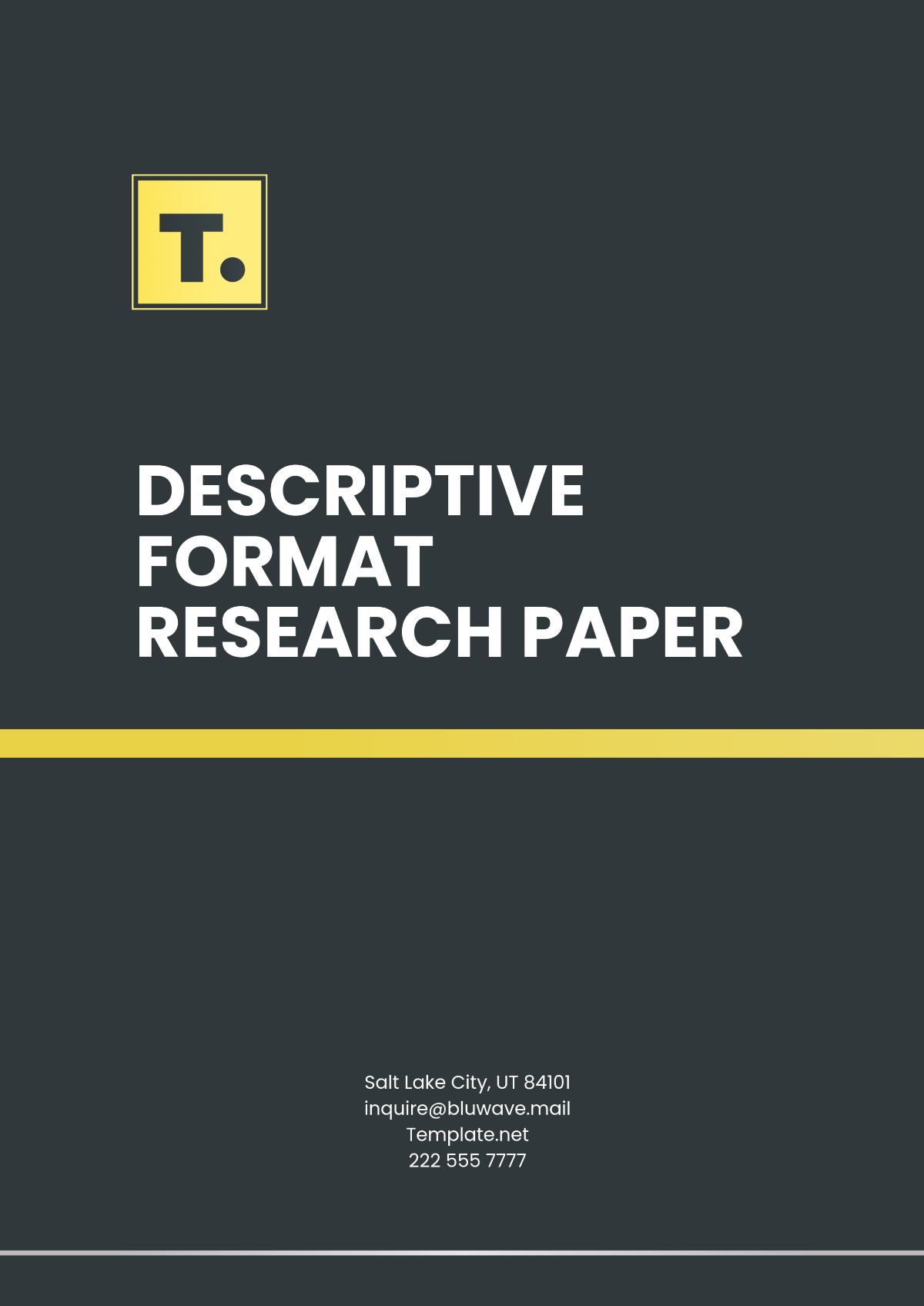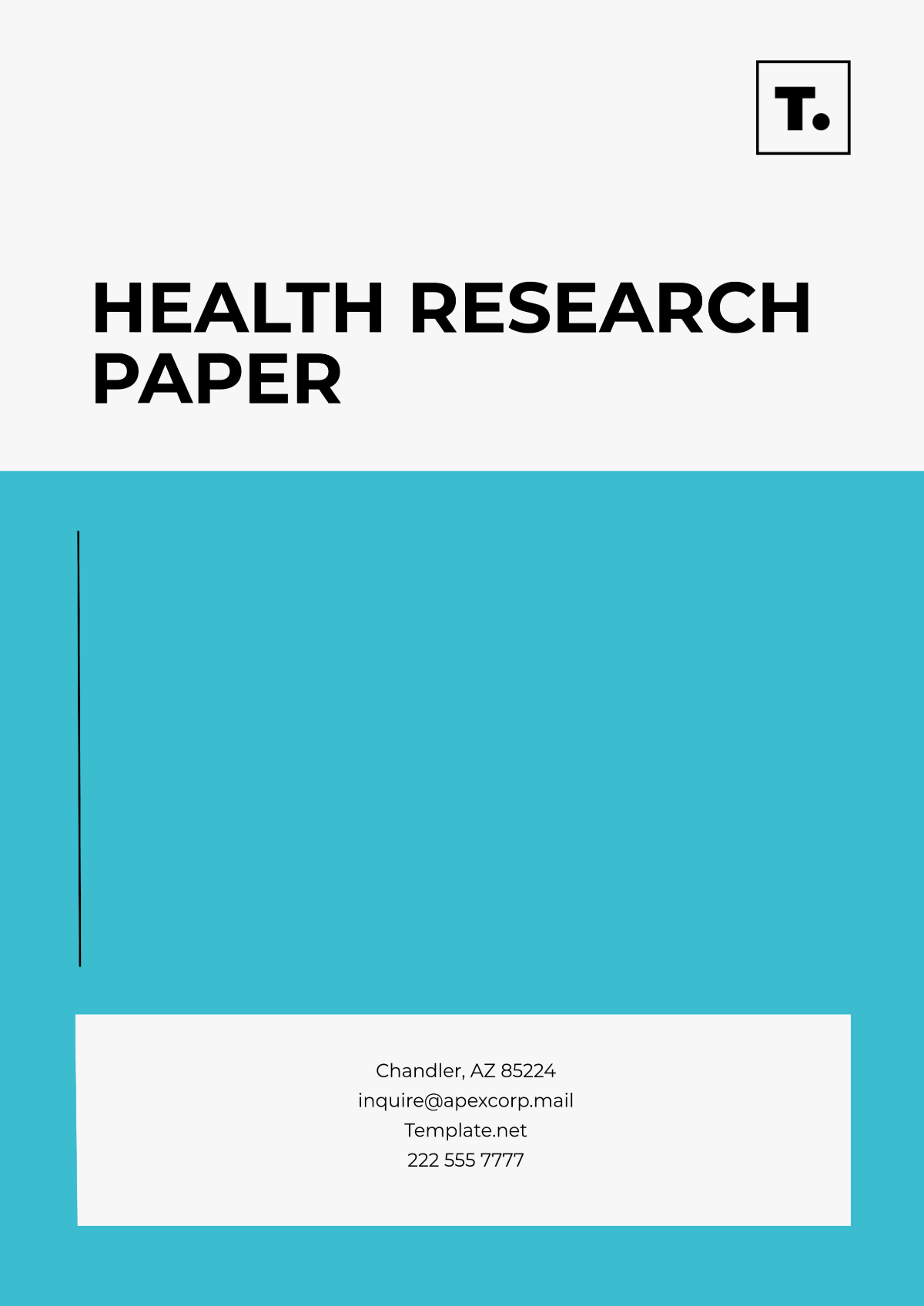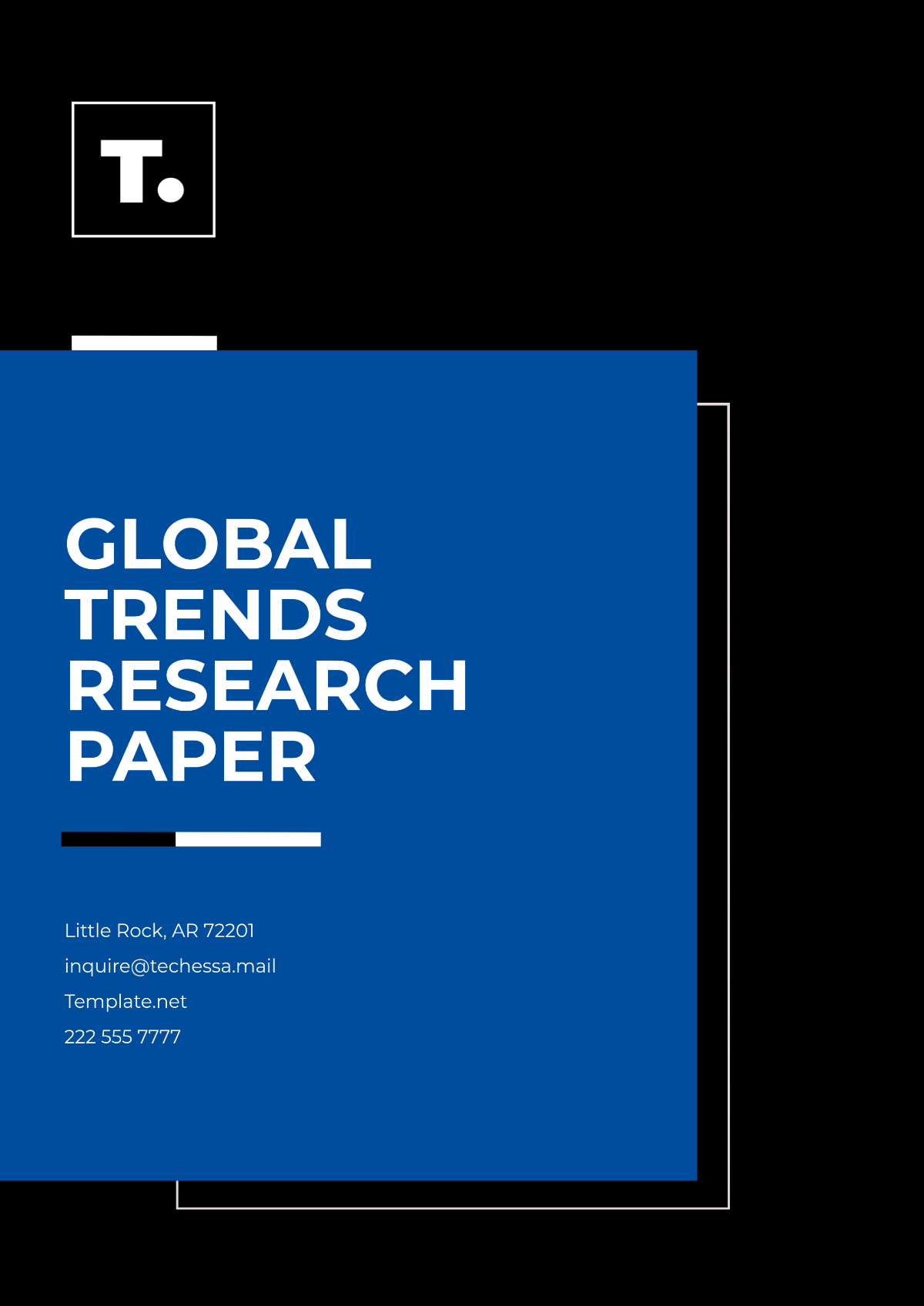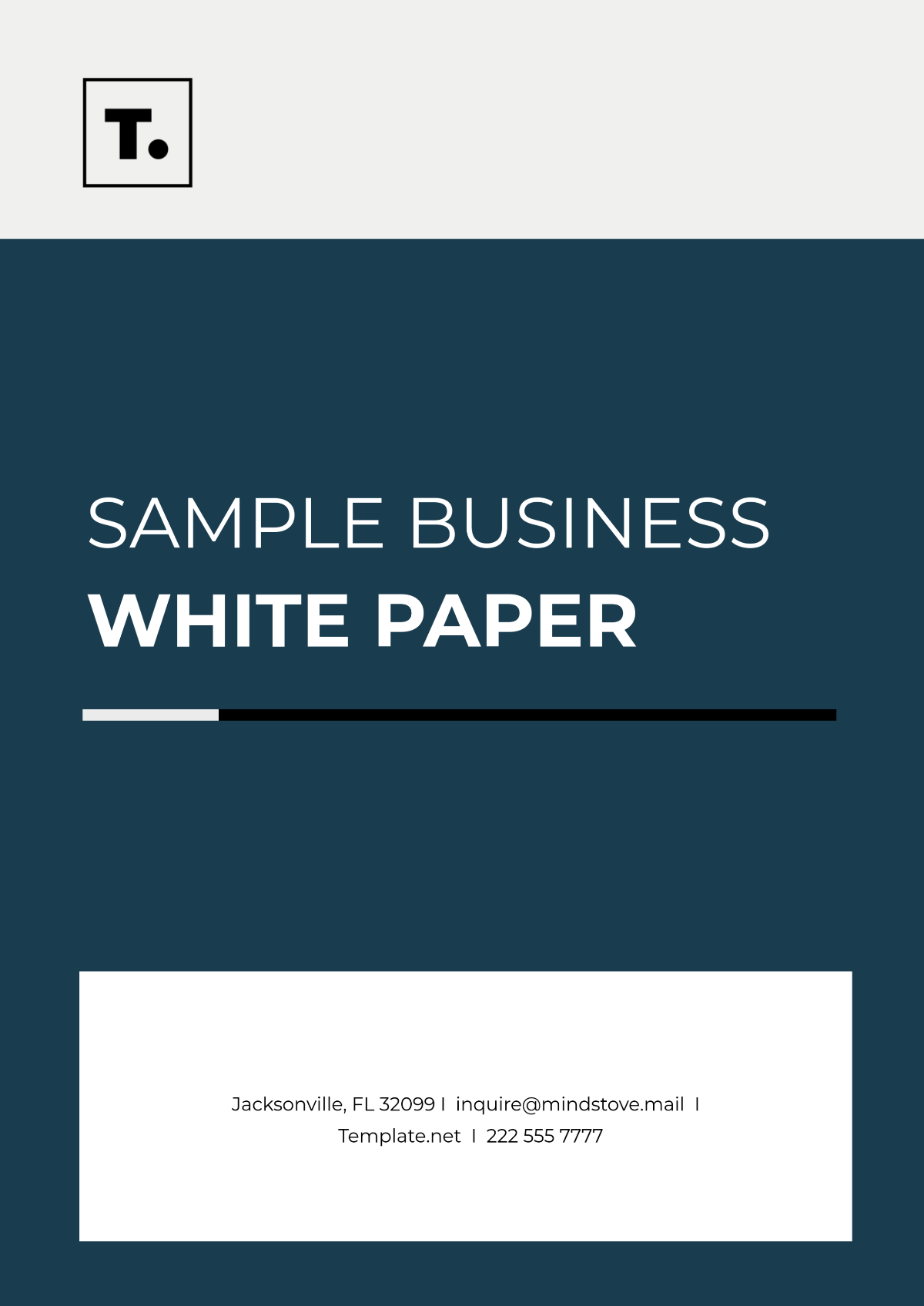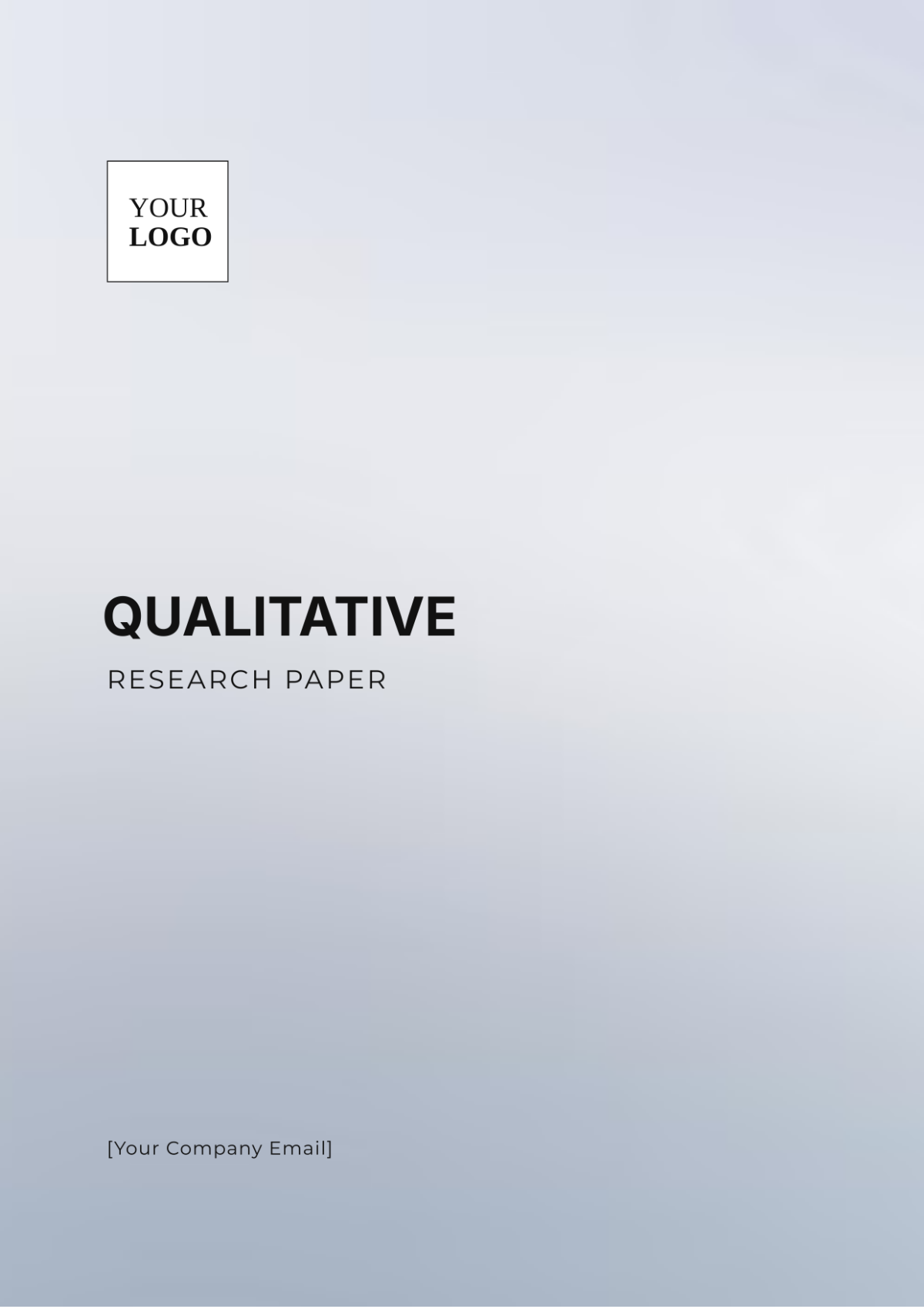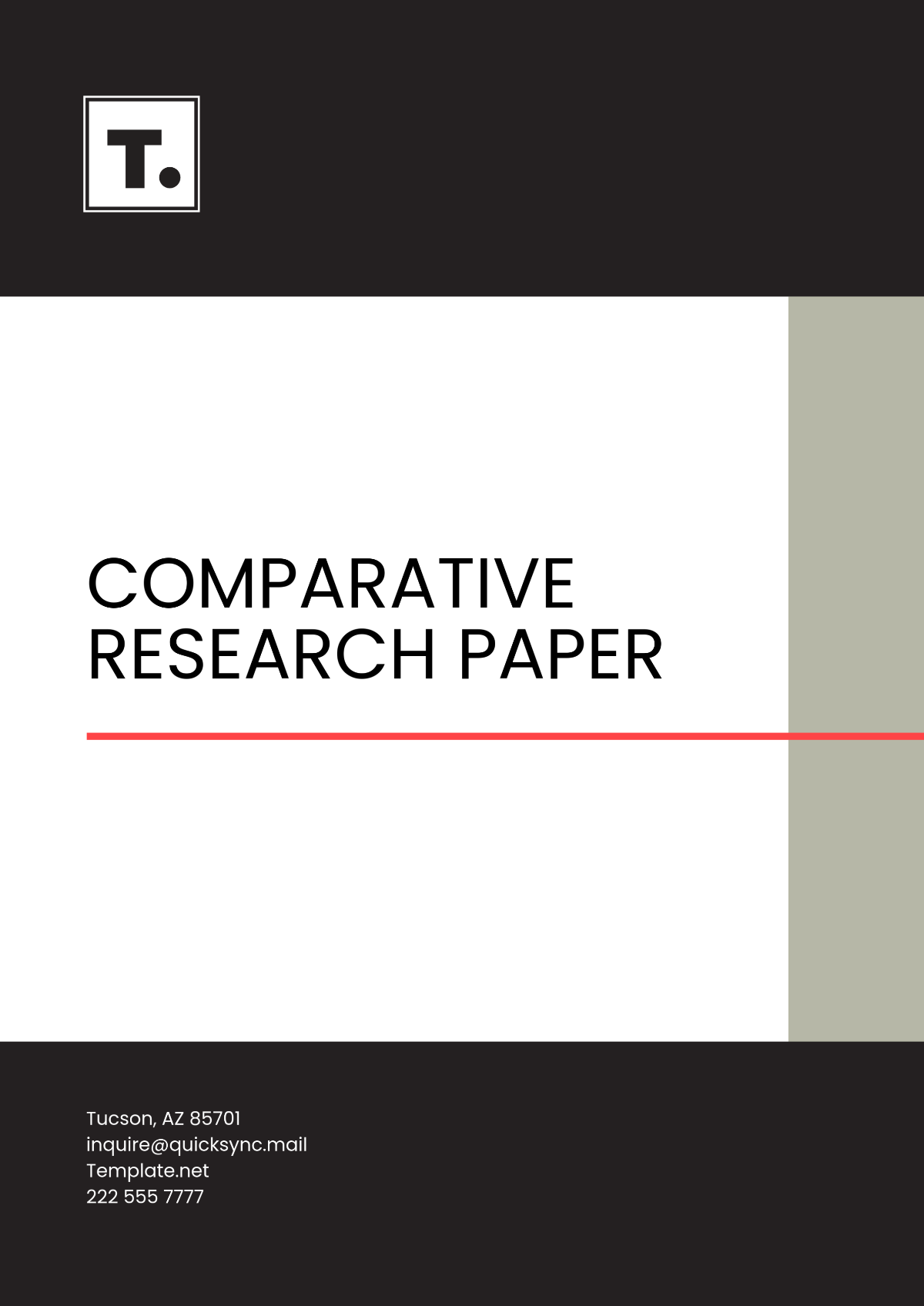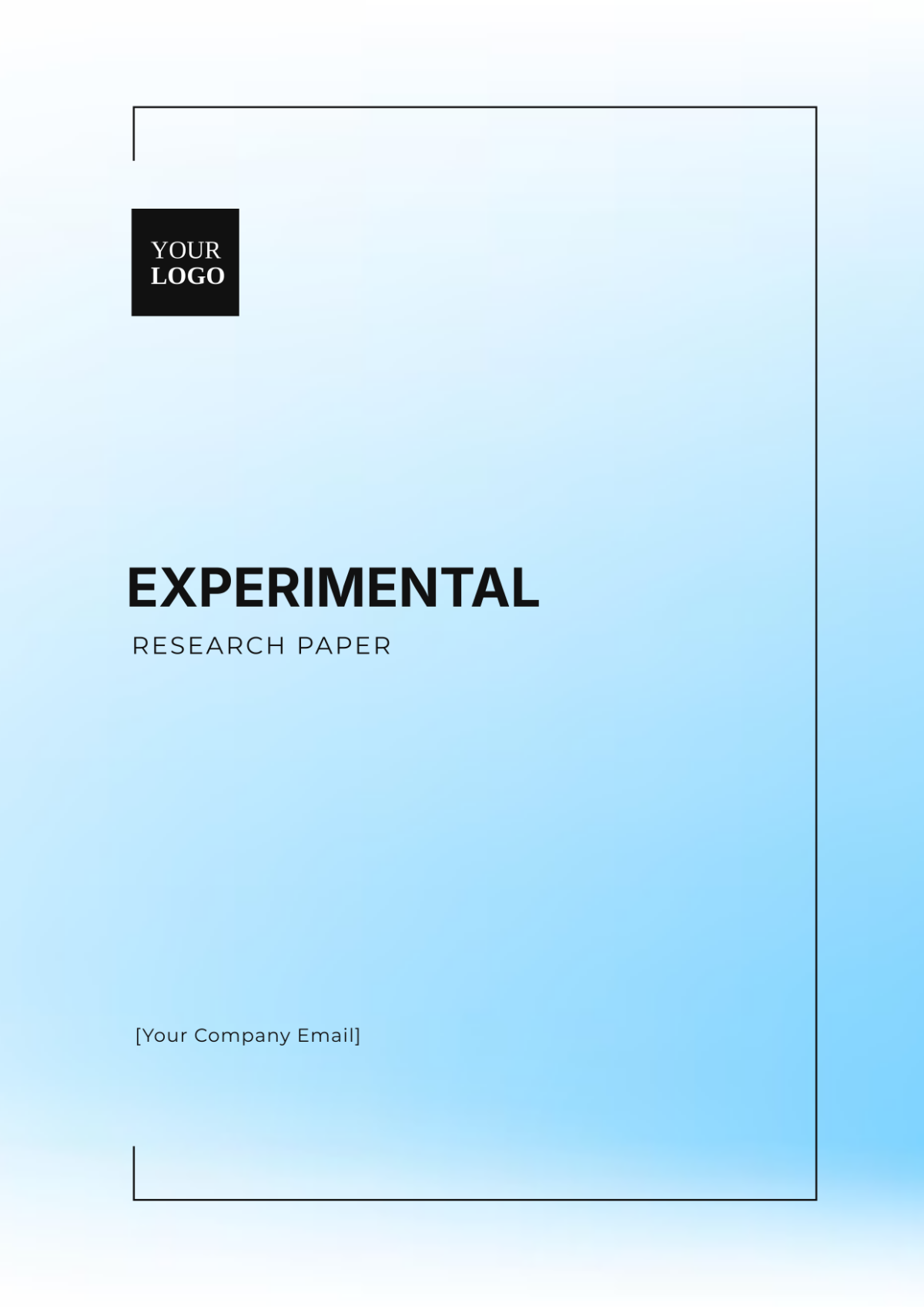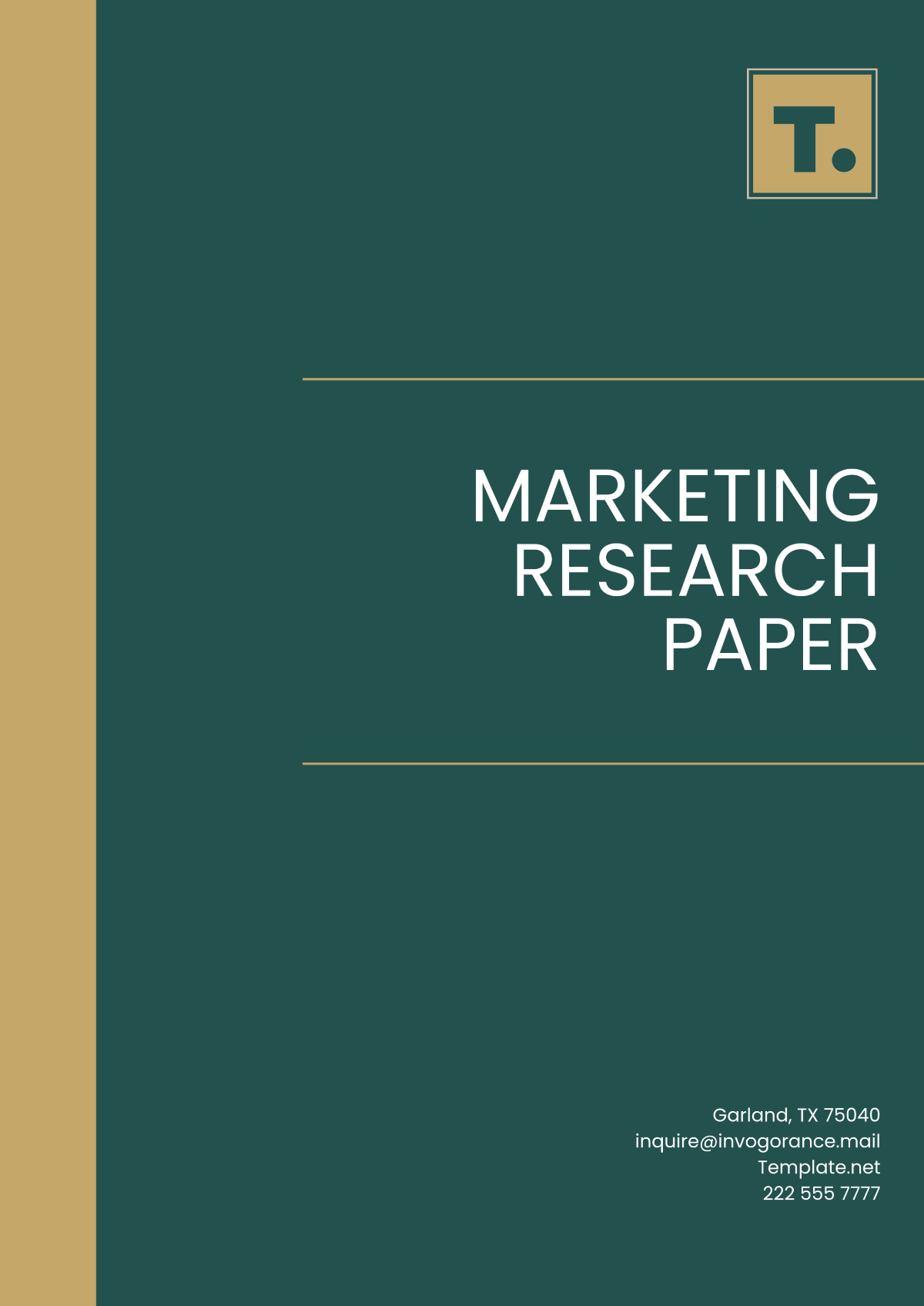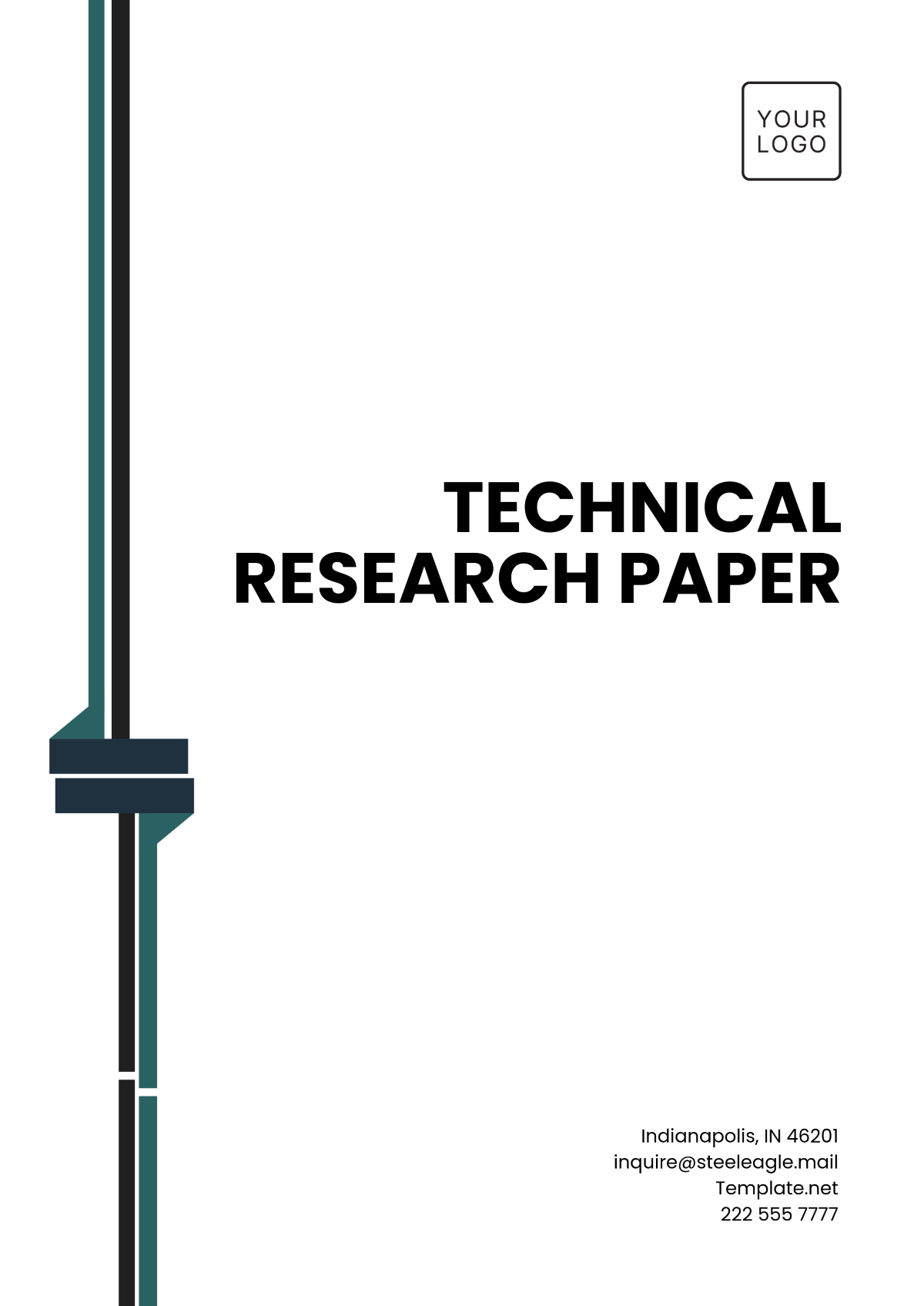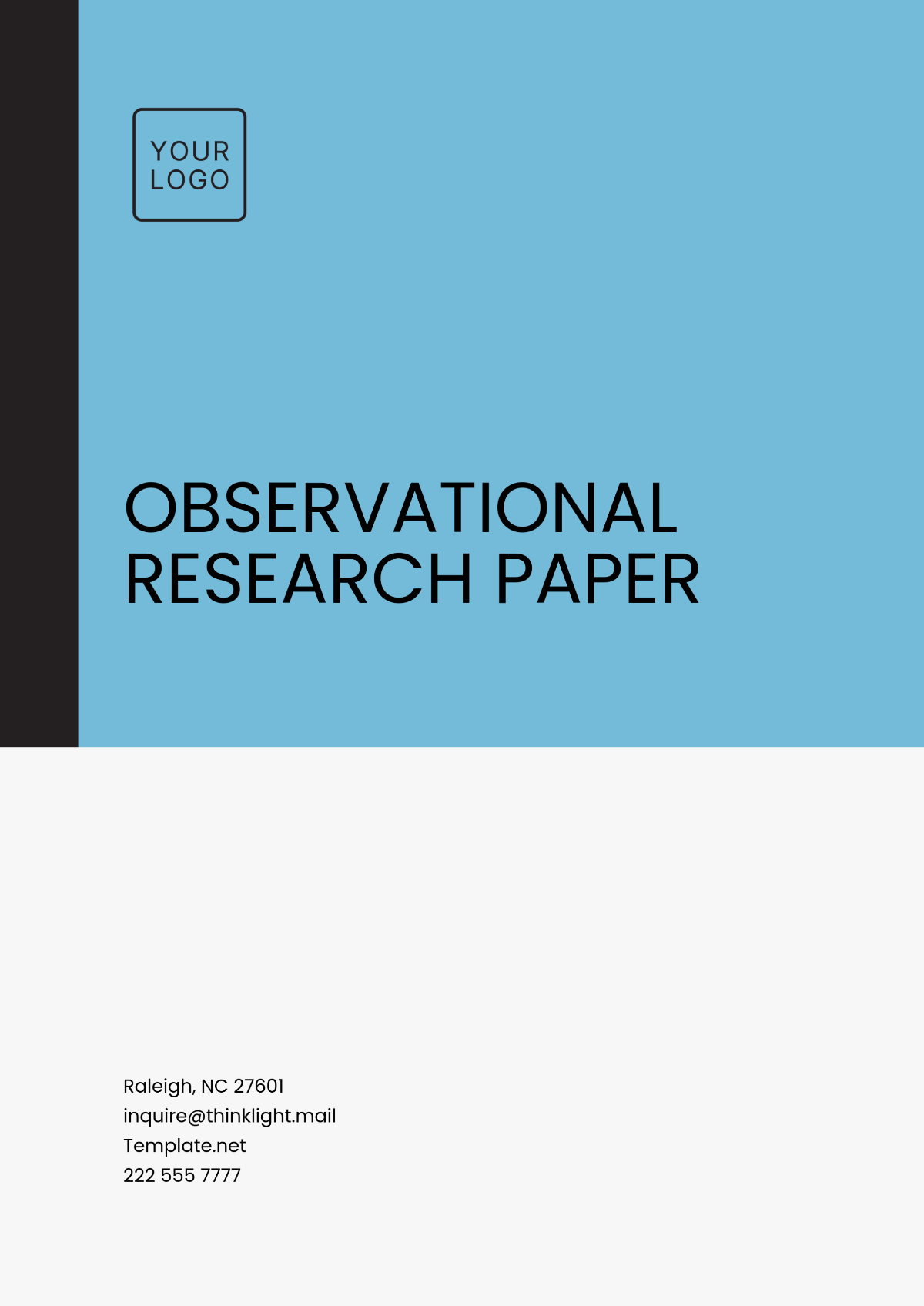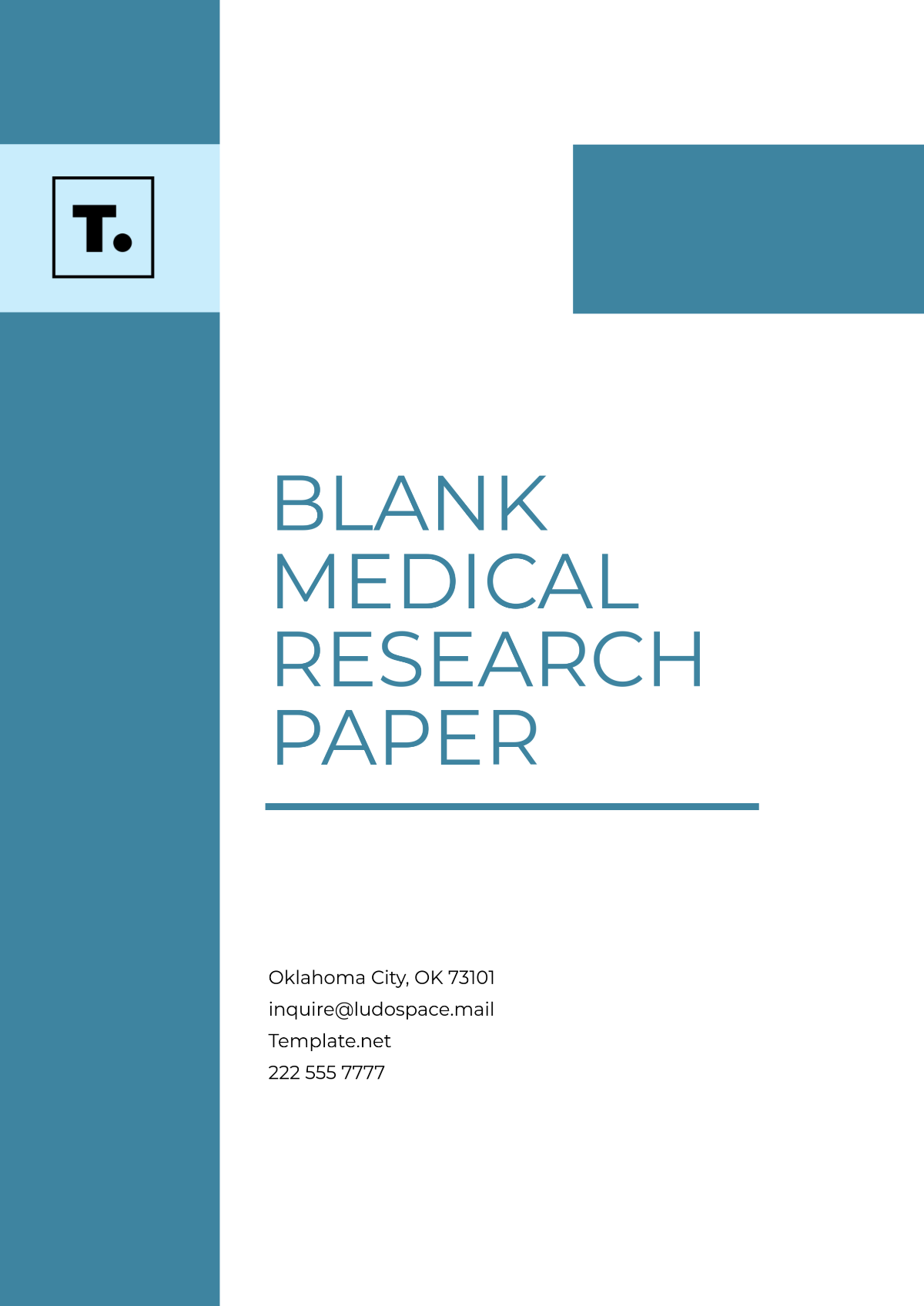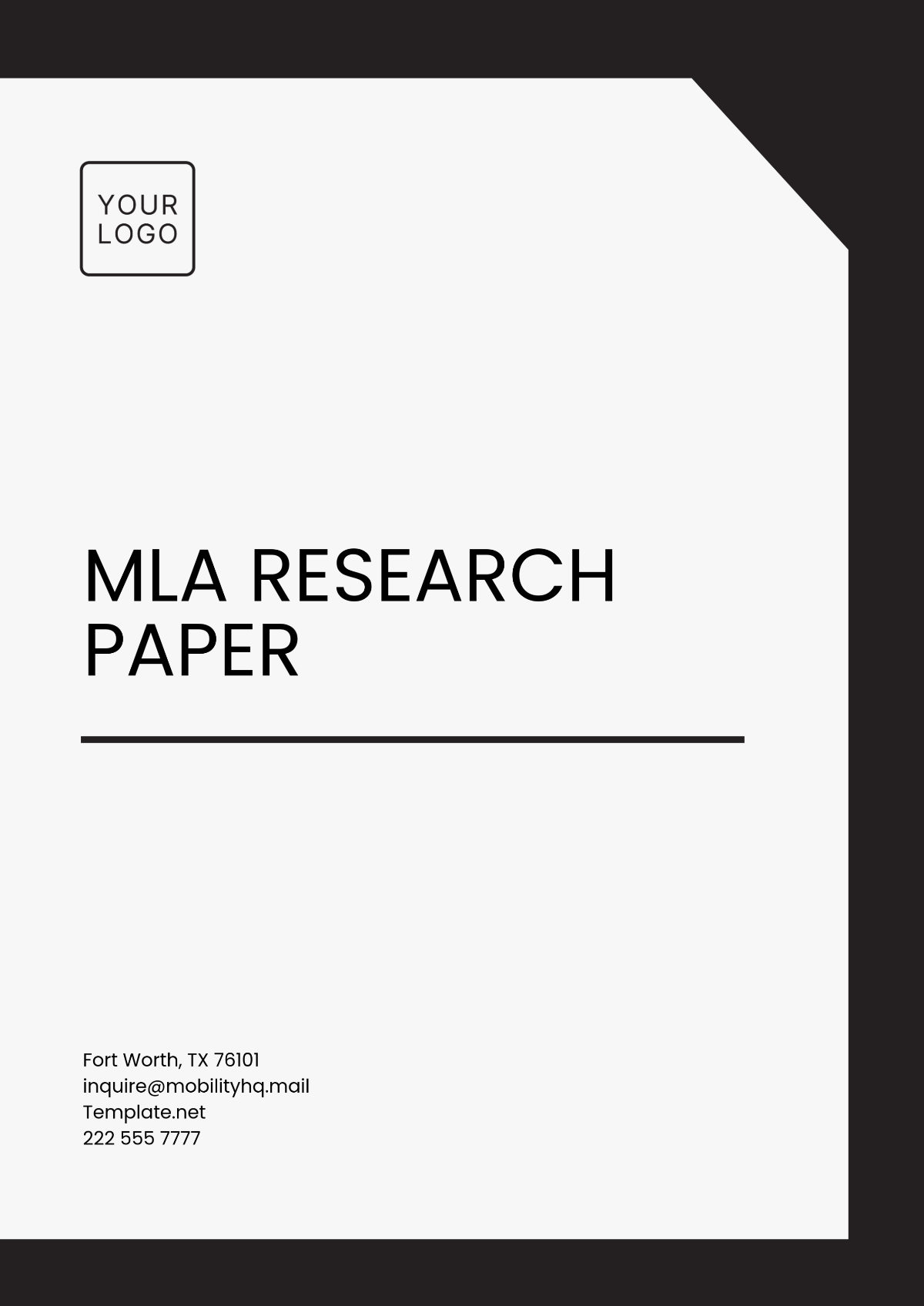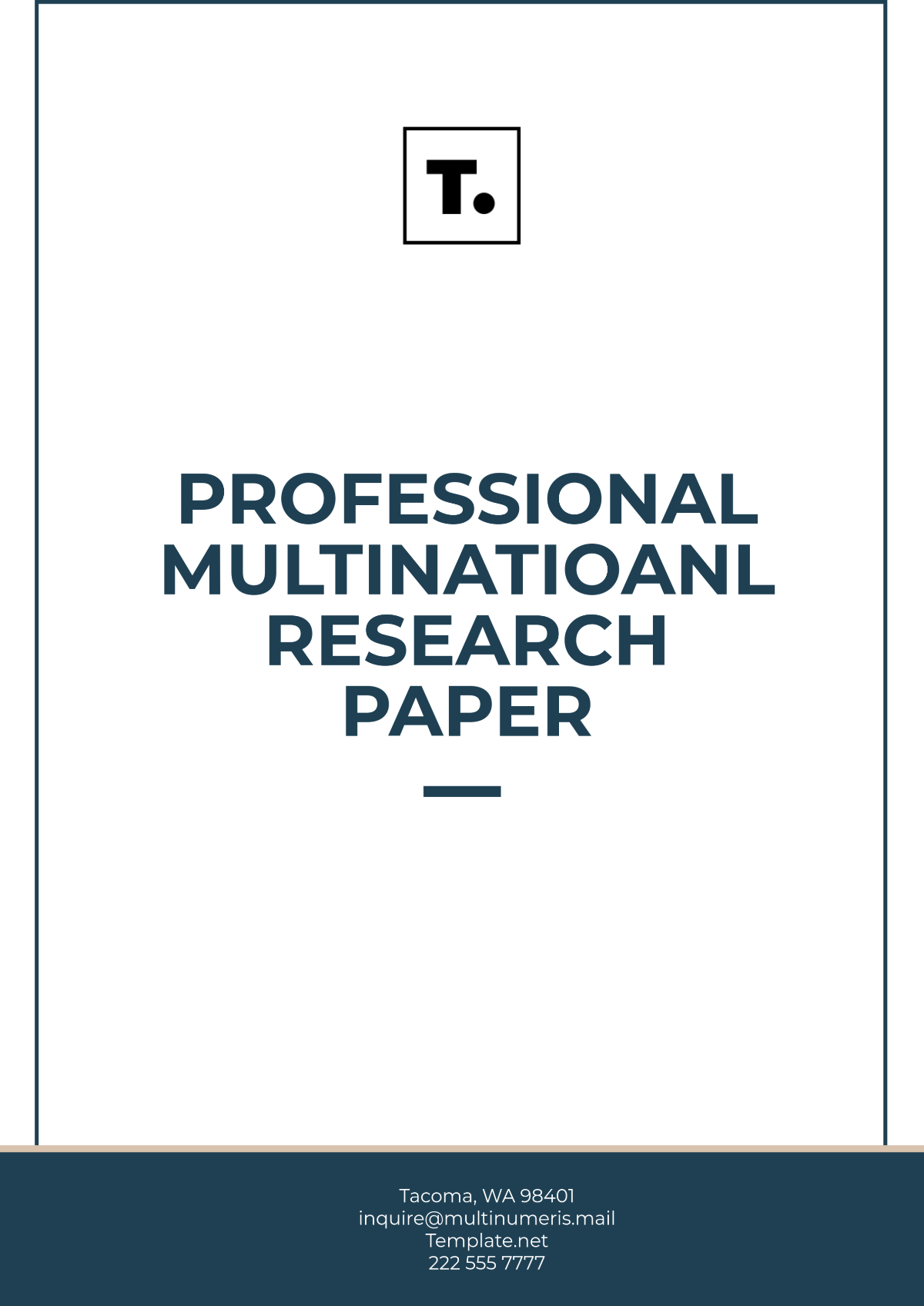Action Research Outline
I. Introduction
The objective of this research, conducted by [YOUR NAME] at [YOUR COMPANY NAME], is to explore effective strategies for enhancing organizational processes and practices within business settings. This includes a comprehensive review of current methodologies, proposed innovations, and the impact of these enhancements on organizational performance.

The focus is placed on identifying key areas where improvements can translate into measurable outcomes, such as increased efficiency, improved employee satisfaction, and superior financial performance. This document provides a structured approach to investigating, implementing, and reviewing process enhancements.
II. Research Methodology
The research employs a mixed-method approach, integrating both qualitative and quantitative research techniques to garner a holistic view of organizational processes. Data collection methods include surveys, interviews, observation, and the review of existing organizational records.
Analysis will be conducted using statistical tools and thematic analysis to ensure that findings are robust and grounded in empirical evidence. This methodological approach aims to provide actionable insights that can be practically applied within the business setting of [YOUR COMPANY NAME].
Subsection: Survey Sample Breakdown
Department | Number of Participants | Percentage | Key Focus Area |
|---|
Human Resources | 50 | 25% | Employee Satisfaction |
Finance | 30 | 15% | Cost Efficiency |
Operations | 70 | 35% | Process Optimization |
Sales | 40 | 20% | Customer Relations |
IT | 10 | 5% | Technology Utilization |
III. Current Organizational Practices
Initial findings point to a variety of practices currently employed at [YOUR COMPANY NAME] that impact organizational effectiveness. These practices range from communication protocols to technology utilization and resource management.
The research further investigates how these practices influence overall organizational health, identifying areas with scope for improvement and those that are performing well against industry benchmarks.
Subsection: Practices for Improvement
Internal Communication Systems
Employee Training Programs
Customer Feedback Loops
Inventory Management Processes
Energy and Resource Optimization
IV. Proposed Enhancements and Implementation
To address the identified gaps, a series of enhancements are proposed, grounded in the latest industry research and tailored to the specific context of [YOUR COMPANY NAME]. These adjustments are designed to streamline operations, enhance worker satisfaction, and improve management practices.
Each proposed enhancement comes with an actionable step-by-step implementation plan, incorporating timelines, responsible parties, and expected impacts on the organization.
Subsection: Implementation Checklist
Analyze current technology utilization and plan upgrades.
Revise internal communication protocols and implement new platforms.
Develop a comprehensive employee training program.
Establish new customer feedback systems.
Optimize inventory control procedures.
V. Conclusion
The action research outlined in this document provides a strategic framework for enhancing organizational processes at [YOUR COMPANY NAME]. By systematically addressing areas for improvement and implementing targeted enhancements, the organization can achieve greater operational efficiency and employee satisfaction, leading to overall business success.
This document not only serves as a guide for internal improvement but also contributes to the broader discussion on best practices in organizational management. The findings are expected to be revisited and updated as implementation progresses and new challenges emerge.
VI. References
Harvard Business Review. (2021). "Why Process Improvement is Key to Your Professional Success"
Journal of Business Ethics. (2020). "Ethical Implications of Organizational Improvements"
Management Today. (2022). "Innovations in Employee Satisfaction and Retention"
The Economist. (2019). "Global Trends in Technology and Their Impact on Business Processes"
MIT Sloan Management Review. (2021). "Strategic Responses to Organizational Challenges"
Research Templates @ Template.net
